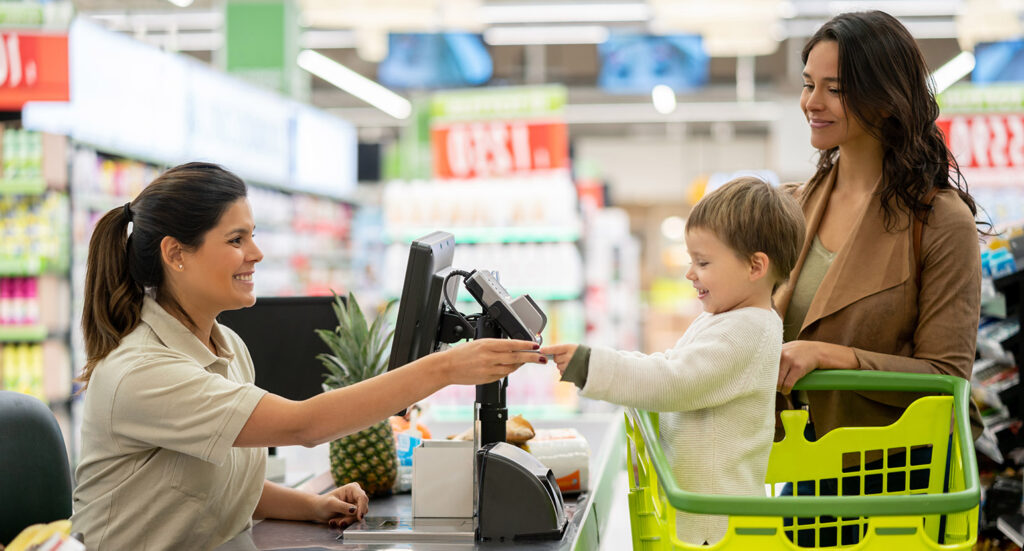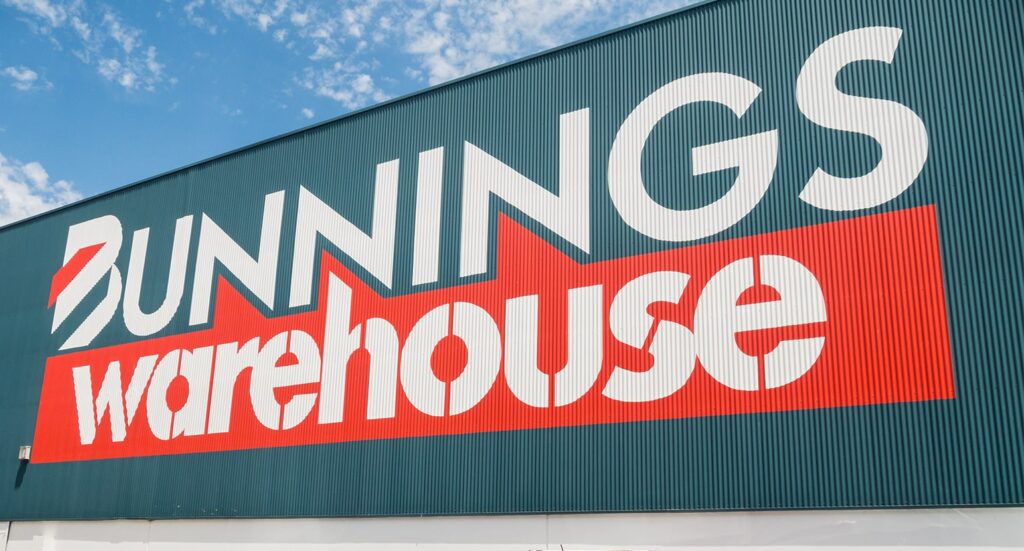Alibaba is expanding its membership-driven hypermarket chain Store X, bringing together its best practices from online and offline shopping, as it seeks to capitalise on China’s burgeoning middle class.
Two new stores opened last week, offering a supersized format of Alibaba’s Freshippo supermarkets to paying members.
For RMB258 (US$40) a year, members can avail of benefits such as free deliveries, VIP customer support, a car wash and optician services.
Own brand products comprise over 40 per cent of the Store X range, which includes general merchandise, fresh produce and premium imports, but there’s also a wide selection of fresh agricultural produce, similar to those found in China’s wet markets, which have been sourced directly from farms across the country.
Localised luxury
Jiong-Jiong Yu, a senior retail analyst at UK-based research firm IGD, says that Stock X is a much more localised take on hypermarkets.
“Store X targets a group of highly affluent and young shoppers who are digitally savvy and are willing to spend more for better services and shopping experiences. It is a consumption upgrade in many ways,” he said.
“In China, shopping is part of leisure, and it is also a family-oriented concept. To this end, club stores like Store X are giving every member of the family a reason to visit.”
Disposable income per capita in China grew by around 700 per cent from 2000 to 2020, according to Statista. Currently, Stock X members spend an average of RMB1,000 (US$152) per visit, outpacing purchases at the traditional Freshippo store.
Not only are Chinese families growing in wealth, they are also growing in size, with a recent change to policies allowing couples to have up to three children.
Craig Flanders, CEO of Melbourne ad agency Spinach, believes the members-only model fits the market.
“With the rapidly growing middle class in China and their love of luxury brands, this seems like a winning model for this market,” he told Inside Retail.
The first Store X opened in Shanghai last October, and turned profitable within two months. A further eight stores are set to open this year, bringing the total store count to 11.
The rise in members-only supermarkets
Members-only supermarkets have become popular in Asia in recent years. In late 2014, grocery retailer FairPrice opened Warehouse Club (WHC), the first membership-only retail warehouse in Singapore for groceries and household consumables.
A different retail format from FairPrice supermarkets, operating out of lower cost suburbs outside the city, WHC focuses on value with bulk buys, value packs and exclusive brands.
In 2019, an altogether different concept hit the market in the US, in the form of Move. This members-only digital supermarket focuses on quality over quantity, with a curated range of <500 products from artisan suppliers.
These “elevated daily staples” are ethically made and sold at cost price, “without the middleman or the markup”.
Move launched on crowdfunding platform Kickstarter in 2019, after two years in development, and 3659 backers pledged $420,835 to bring the project to life.
“Unfortunately, in buying supermarket staples today, you have two options – buy quality products at absurd prices or pay a cheap price to get a cheap product,” the brand’s Kickstarter page reads.
“We thought that was insane – so we’ve spent the last two years designing a radical new supermarket that has the best of all Worlds: Award-winning staples at fair prices.”
The site now sells grocery products, alcohol, as well as kitchen, bed and bath items. It also sells longlife food items such as rice and nuts in bulk.
Can members-only hypermarkets work in Australia?
In Australia, where Coles and Woolworths dominate, hypermarkets have failed to make a mark. German hypermarket Kaufland famously pulled out of Australia in early 2020 despite having already invested over $500 million and having commenced construction on its first stores and distribution centre.
“Australia is a unique market given the power of the existing players in the supermarket space. Coles and Woolies have held market dominance for a long time and so far we have only seen Aldi make a dent into their share,” Flanders said.
“I’d argue you’d be hard-pressed to see any other brands getting a foothold in this market unless they have deep pockets and plenty of time to make it work.”
Flanders makes the point that hypermarkets need a lot of real estate, and in Australia that comes at a high price, particularly in affluent suburbs.
“It’s why you don’t see Bunnings setting up their larger superstores in inner urban locations,” he said. “What’s much more likely is that we’ll see the continuation of the existing supermarket brands creating smaller, more convenient, more gourmet-focused stores in inner-city areas, segmenting the offer with upmarket products that deliver a better return per square metre.”
And while the members-only model is growing overseas, Flanders isn’t convinced that it can really make an impact here.
“You don’t need to be a member in Australia to get access to good prices or big product ranges. We’ve got Costco but the brand has only 12 local stores,” he said.
“To me, a member-only model feels like a solution looking for a problem. In fact, marketplaces like Catch and Amazon are democratising access to cheaper prices and larger ranges, so the trend seems to be the opposite direction.”




